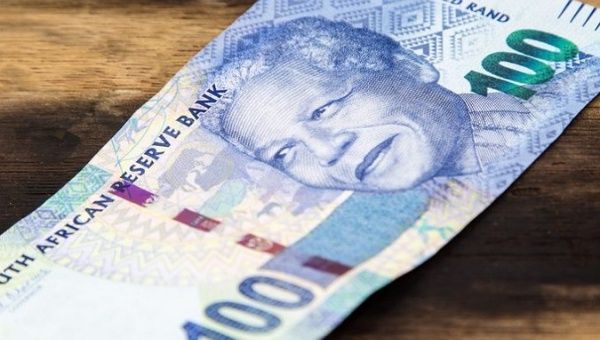In response to South Africa’s ongoing fiscal challenges, the National Treasury is grappling with the need to raise revenues, which may lead to the discontinuation of the solar tax rebate.
Revenue Shortfalls and Budget Deficit Concerns
The South African economy has experienced weaker-than-expected GDP growth, likely resulting in an increase in the budget deficit beyond the National Treasury’s initial 2023 forecasts.
Economists at Nedbank anticipate a tax revenue shortfall of approximately R47 billion for 2023/24, combined with higher expenditure of R56 billion. This could result in a budget deficit of 5.5% of GDP, significantly exceeding the National Treasury’s target of 4%.
Read also: Nigeria, South Africa, and Egypt’s gaming sector to reach $2b by 2023
Corporate tax collections have been significantly reduced due to the downturn in commodity prices, which previously contributed to a windfall in tax revenues.
Load shedding, although less intense recently, has also negatively impacted economic growth.
Total revenue for the five months ending in August decreased by 0.7% year-on-year, with corporate taxes declining by 13.7%. While personal income taxes (8%) and value-added tax (VAT) (5%) increased, the pace was slower compared to the same period the previous year.
Nedbank expects revenue to grow by only 1%, falling well short of the 3.5% forecasted in the 2023 budget.
Over the Medium-Term Expenditure Framework (MTEF) period, revenue is expected to be R156 billion lower than the Budget 2023 projections.
Medium Term Budget Policy Statement (MTBPS) Outlook
South Africans should not anticipate significant revenue measures in the upcoming Medium-Term Budget Policy Statement (MTBPS). No major tax changes are expected to be announced in the MTBPS, as budget developments for the remainder of the fiscal year will determine whether tax adjustments will be made in the February 2024 budget statement.
Solar Tax Rebate Under Threat
While the intensity of load shedding has decreased in recent weeks, individuals considering the purchase of solar panels may face challenges due to the potential discontinuation of the solar panel tax rebate.
The government introduced the solar panel tax rebate for the 2023/24 tax year in response to high levels of load shedding. Under this system, individuals who paid income tax could claim a tax rebate equivalent to 25% of the cost of new and unused solar PV panels, with a maximum rebate of R15,000.
The installed rooftop solar capacity has doubled since June 2022 to approximately 4,500 MW, contributing to the reduction in load shedding levels due to decreased energy demand.
The Electricity Minister, Kgosientsho Ramokgopa, has called for the extension of the tax rebate to cover inverters and batteries, which could boost solar adoption. However, the National Treasury has rejected this proposal, focusing solely on components that can generate electricity.
Researchers from Stellenbosch University have highlighted the potential strain on the grid posed by inverters and batteries without solar panels, as they increase peak power demand when they come online immediately after load shedding ends. Inverter installations that are not connected to solar could offset up to 85% of the impact of load shedding.
The future of the solar tax rebate remains uncertain as South Africa seeks solutions to its fiscal and energy challenges.
